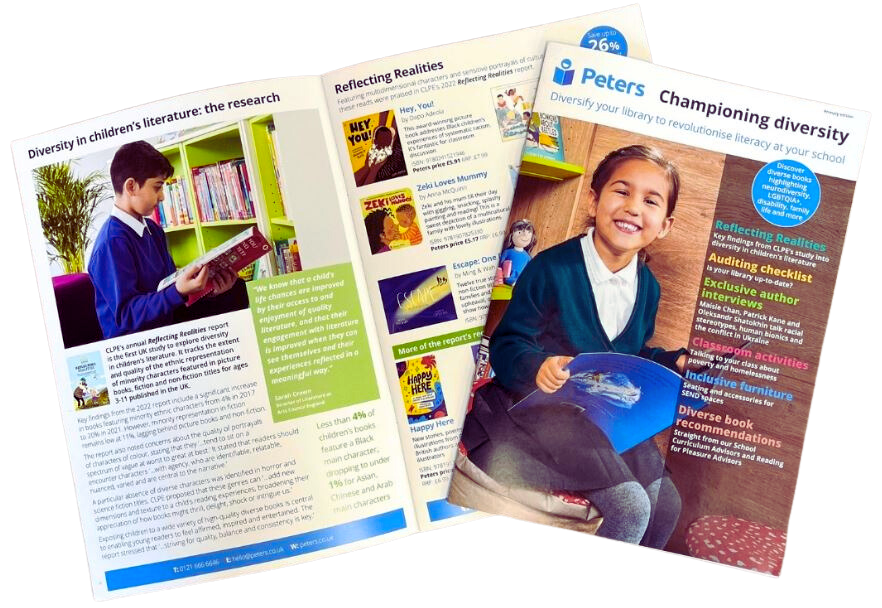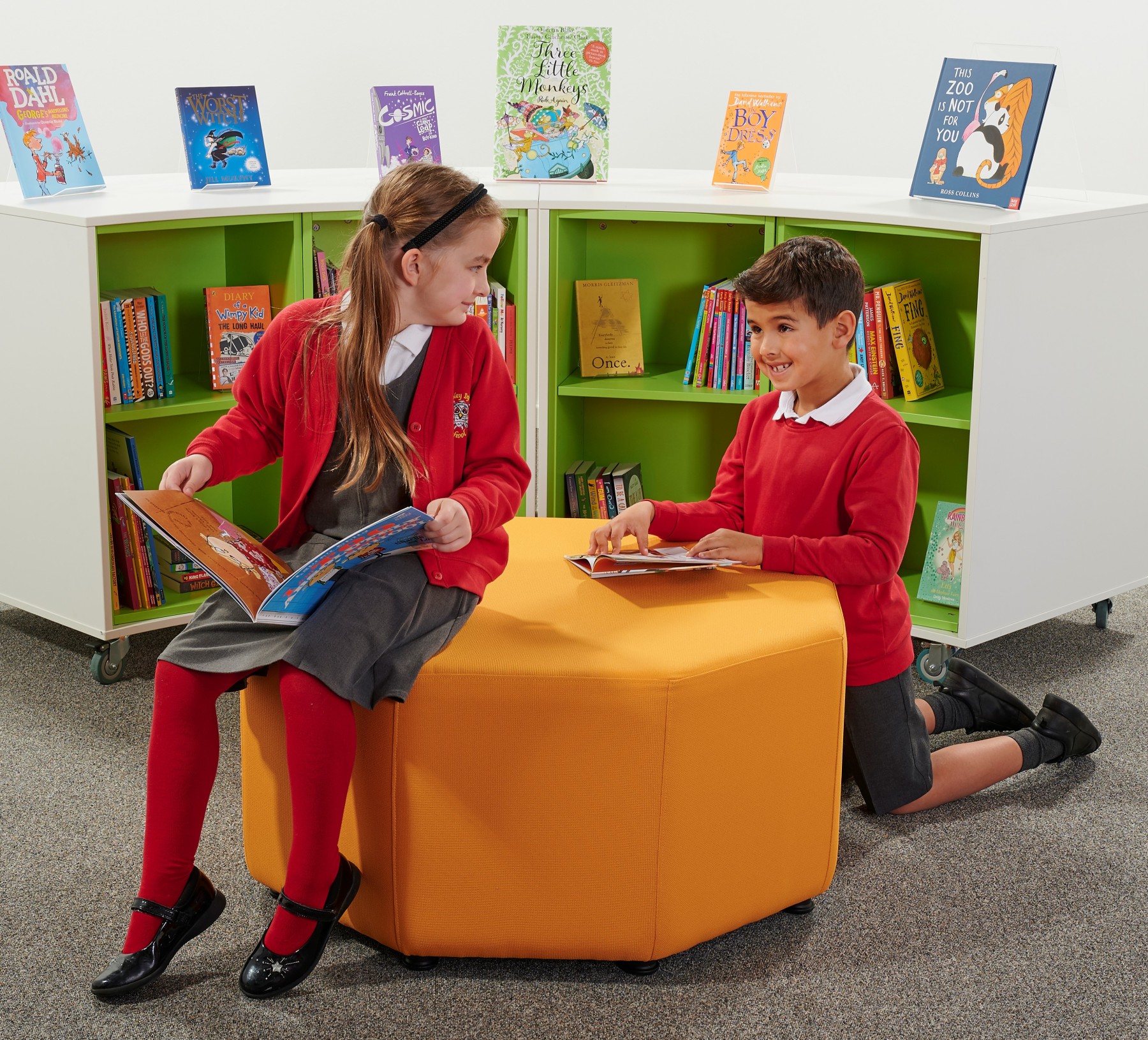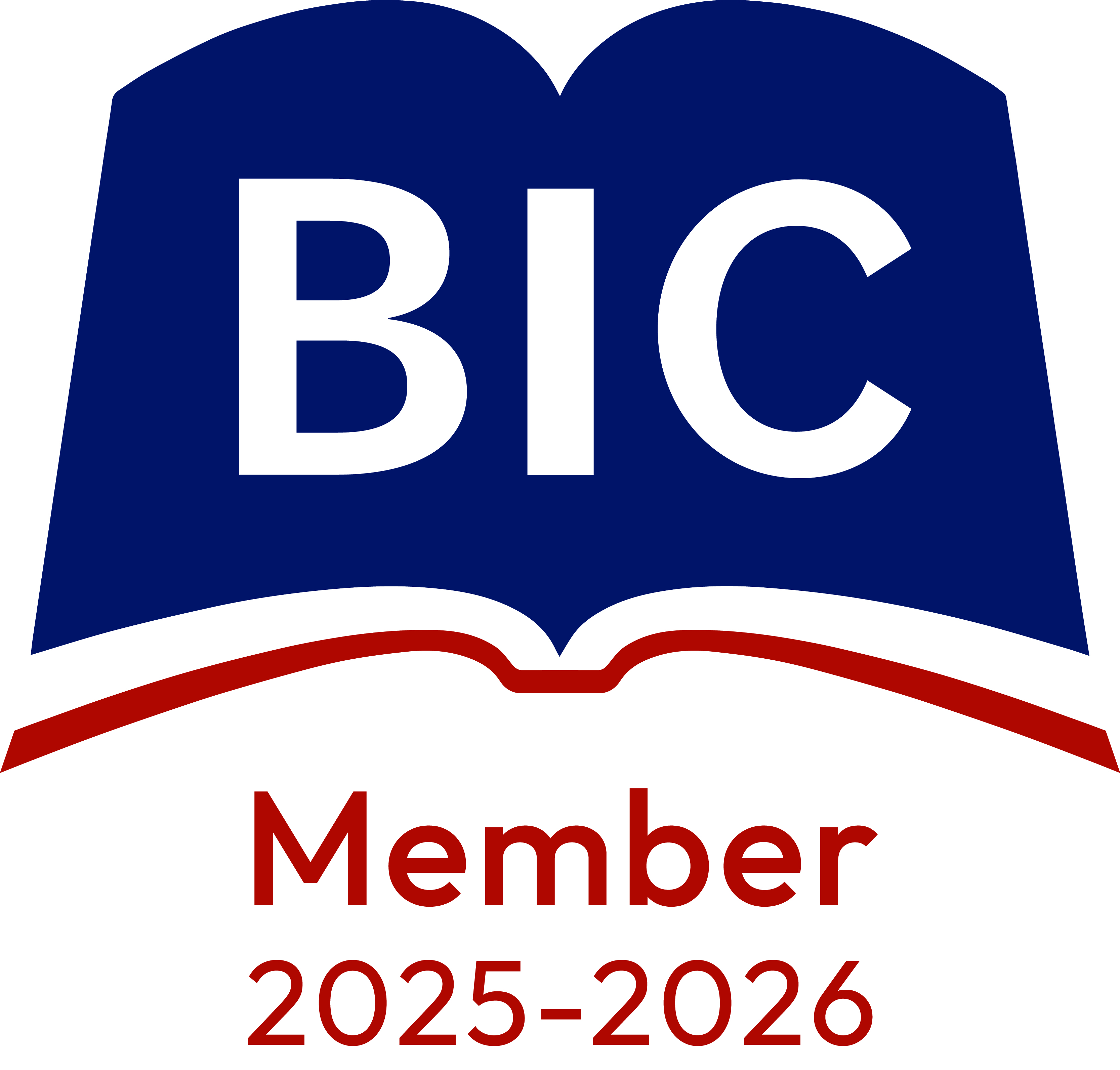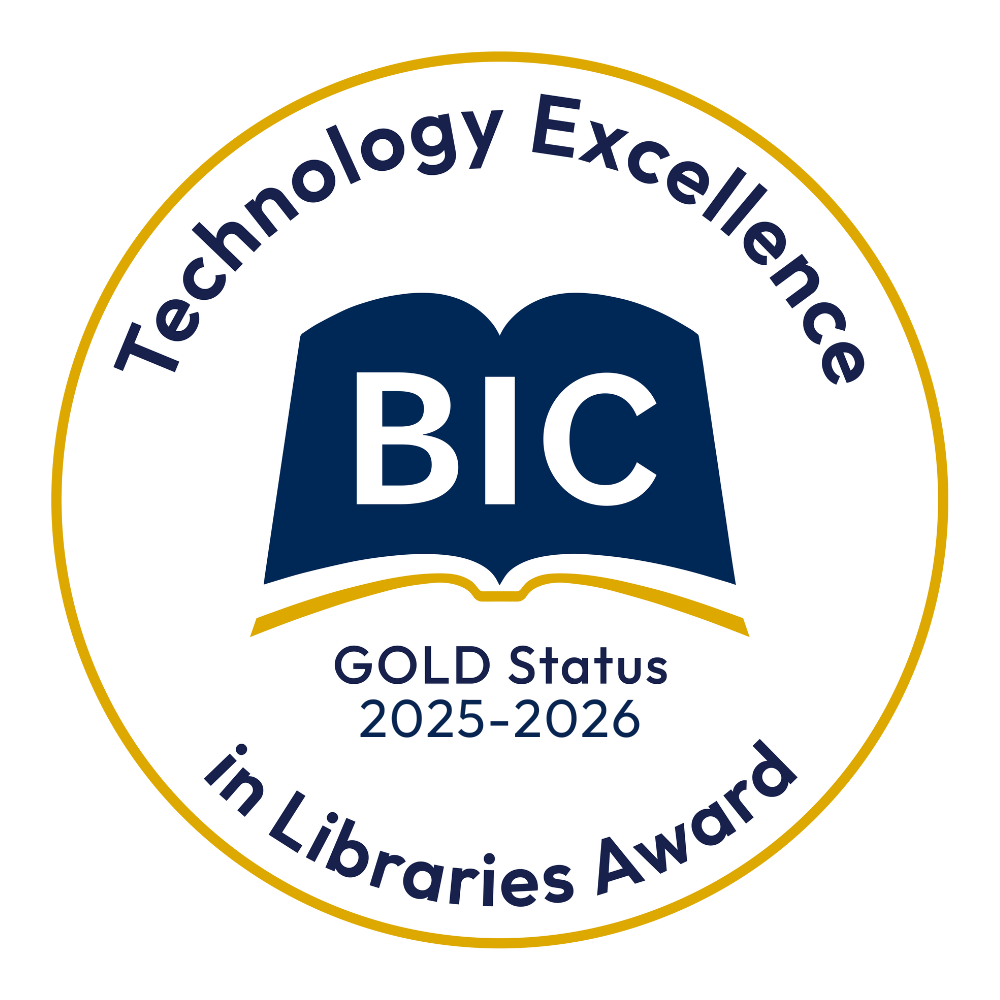Please note that we will automatically hold all schools orders from 16–20 February due to the half-term break. If your school remains open for delivery and you'd like your books delivered during that week, please let us know by calling us on 0121 666 6646 or emailing hello@peters.co.uk.
For help, advice and telephone ordering call our team on 0121 666 6646
Are you sure you wish to delete this basket?()
This action cannot be undone.
Sorry, something went wrong
Please report the problem here.
New series: How to implement the Reading Framework at your school
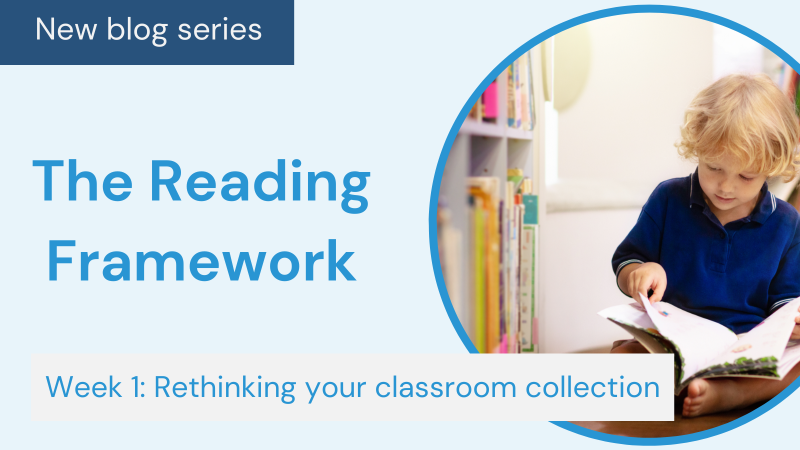
September 18th 2023
In this new weekly blog series from our expert team, we'll be taking a closer look at the key aspects of the DfE's updated reading framework. We'll provide you with meaningful ways to implement the guidance while building on your existing provision for pupils. Each week for the next 14 weeks, we'll focus on a different key area, offering practical tips and support for teachers.
The updated reading framework (published July 2023) highlights the importance of providing all pupils with a children's reading corner that is fit for purpose, with a book collection that meets a wide range of criteria. This may pose a challenge, but we agree that getting classroom collections right is integral to inspiring your pupils to become lifelong readers – which is why we've chosen this topic for week number one.
Without access to books that reflect their interests, heritage and lifestyle, along with books that provide escapism from their own lives and feed their imaginations, children are far less likely to make reading a habit. Nurturing every child’s desire to read is therefore a key consideration for every school, and it begins at the classroom bookshelf. Rather than leaving it to chance, schools should take a reflective, methodical approach to curating their classroom collections, and one that reflects each individual class and their reading journey.
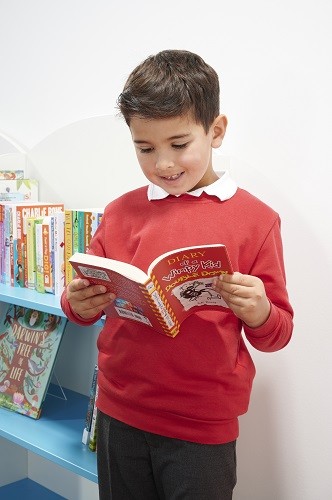 |
Wide range of booksThe key is to have a book corner with a breadth of titles incorporating a wide range of text types, and, equally importantly, a whole school library space which further supports each classroom. (While advice on book corners is aimed for the most part at primary settings, achieving the same variety in your school library space should also be a consideration at secondary.) At Peters, we read and review more than 10,000 newly published children's and young adult books every year, so we're ideally placed to advise on widening your book stock and classroom collections. Browse our website for reading for pleasure recommendations book packs, and reading schemes for primary schools to suit every pupil, as well as dedicated lists for diverse books,poetry and more. Alternatively, let us make the selections for you. Get in touch and tell us a little about your pupils: previous favourites, the families and lifestyles you wish to reflect, and your chosen curriculum topics, and we'll do the rest. 'In one week, a pupil might choose to read, at school or at home, a picture book they have listened to in story time, a story from a series of easy page-turners introduced in book club time, a non-fiction text introduced in a history lesson, re-read their favourites from a book of silly poems and practise reading a challenging poem that the class have learnt by heart.' 2023 Reading Framework, page 86 |
||||
Older picture booksPage 86 of the report states that 'Teachers should read aloud a wide range of picture books, including those suitable for older pupils, and make these available for pupils to take home.' We're pleased to see that these get specific mention within the framework's recommendations for classroom collections, as we believe picture books have a place on the bookshelf of every year group. With suggestions for picture books from EYFS all the way up to Year 6, and visual texts selected specifically for Tutor Time Reading at secondary schools, we have all the suggestions you might need.
‘[Pupils should] read, listen to and talk about contemporary and classic writing by a broad and diverse range of authors. All pupils should encounter characters, situations and viewpoints that mirror their own lives, so they understand that they matter. 'Books, however, should also give them a window into the lives of others. For some pupils, stories might be the only place where they meet people whose social and cultural backgrounds and values differ from their own.’ 2023 Reading Framework, page 87 Create a bookshop feel with a children's reading cornerHaving a small classroom collection which is refreshed and updated termly is stated as key, and for some schools this is a considerable change. We can help you manage this move with our book subscription service, and each term you'll receive a box of high-quality new books for your classes – without the pressure of staff selecting every book themselves. Making your key stage 1 reading collection or corner appealing and inviting to pupils is also key, from having books shelved at the right height and the option to have some titles facing outwards, to providing comfortable seating, which may also be a change to some book corners in your school. Visit our furniture and library design pages for inspiration.
Make each book worth readingPage 90 of the framework states that 'Every book must be worth reading, or help pupils to put in the reading miles. Books that are unlikely to achieve either of these aims should be discarded.' This can be a daunting task within the confines of an already packed school day, so if you're looking to evaluate your existing stock before making any decisions, why not let us audit your classroom collections, and provide recommendations specifically to suit your setting. If you've already edited your collection and you're looking for new books quickly, book packs can be an efficient way of getting books to pupils fast. The framework highlights the importance of books that will help pupils ‘put in the reading miles’, so if you're looking for ways to keep pupils reading, our BooksForTopics ‘Branching out’ packs provide titles similar to authors your pupils already love and can be a great way to keep the momentum going.
Independent choiceWhile the framework emphasises the importance of giving pupils the freedom to choose what they read, many schools also recognise the need to monitor pupils' progression with reading and one or more of a range of banded systems to do this. If you need support with integrating these alongside your classroom reading for pleasure collection, visit our dedicated pages on book banding, Accelerated Reader and phonics schemes as well as reading for pleasure recommendations.
|
|||||
Overhauling your classroom collections may seem daunting, but is an essential part of the framework's recommendations; research by the National Literacy Trust in 2022 found that the reading enjoyment of 8- to 18-year-olds was at its lowest level since 2005. Without all pupils being provided with enough variety to ensure there's something to spark their interest, they are less likely to find pleasure in reading and put in the necessary 'reading miles'. Becoming a lifelong reader improves every aspect of your life chances – and this journey begins at the bookshelf in your classroom.
Get in touch
For bespoke support and advice on implementing the reading framework guidance in your school, contact our team at hello@peters.co.uk, or call us on 0121 666 6646.

